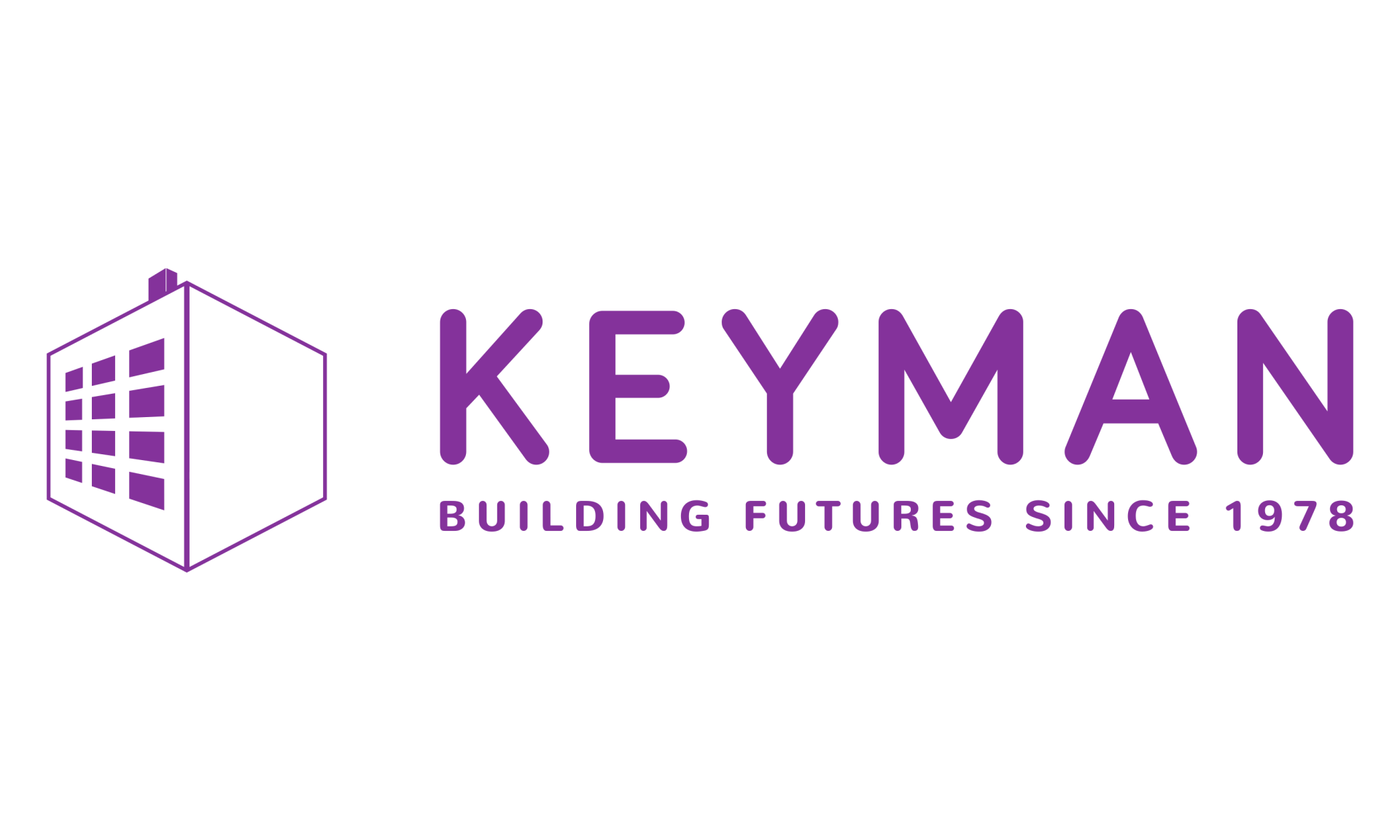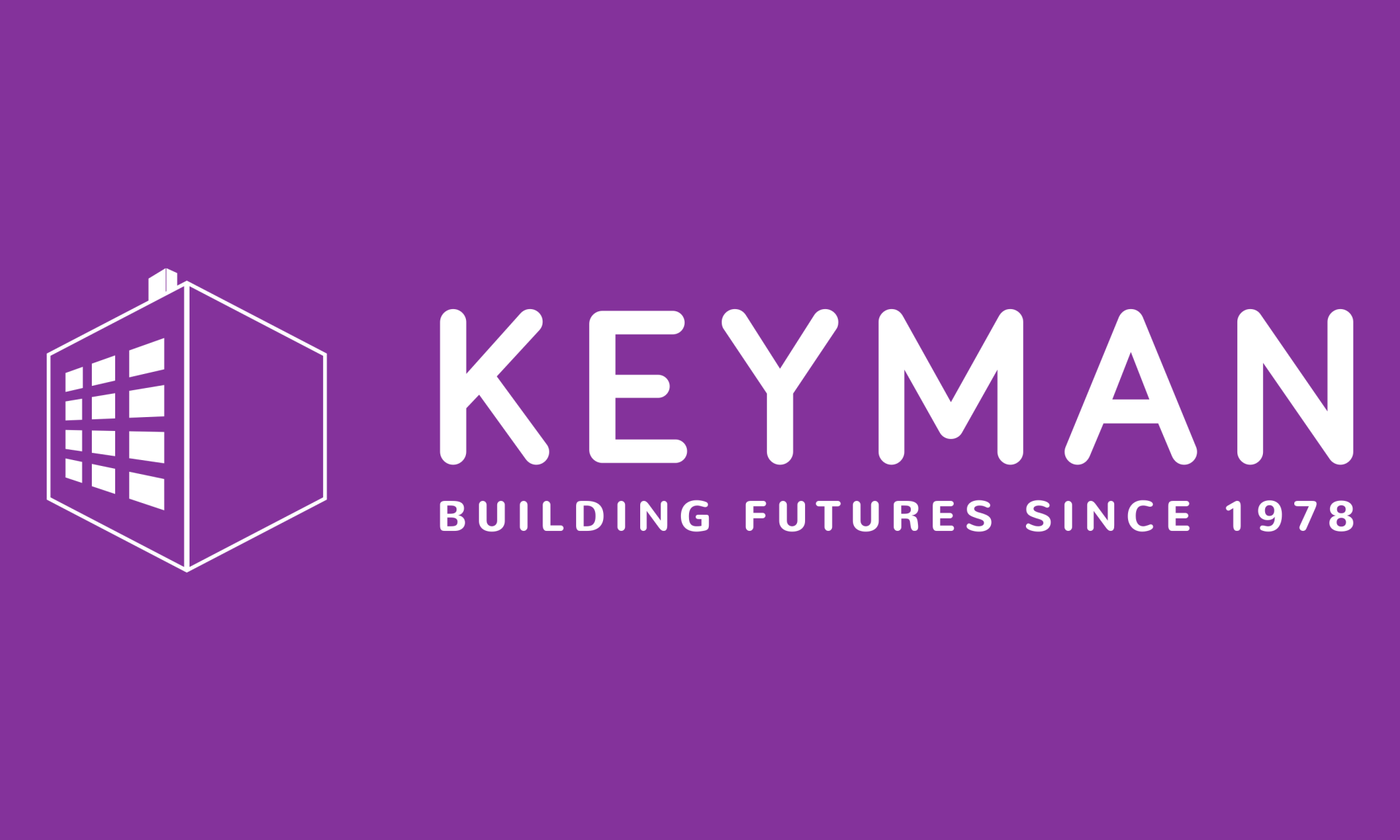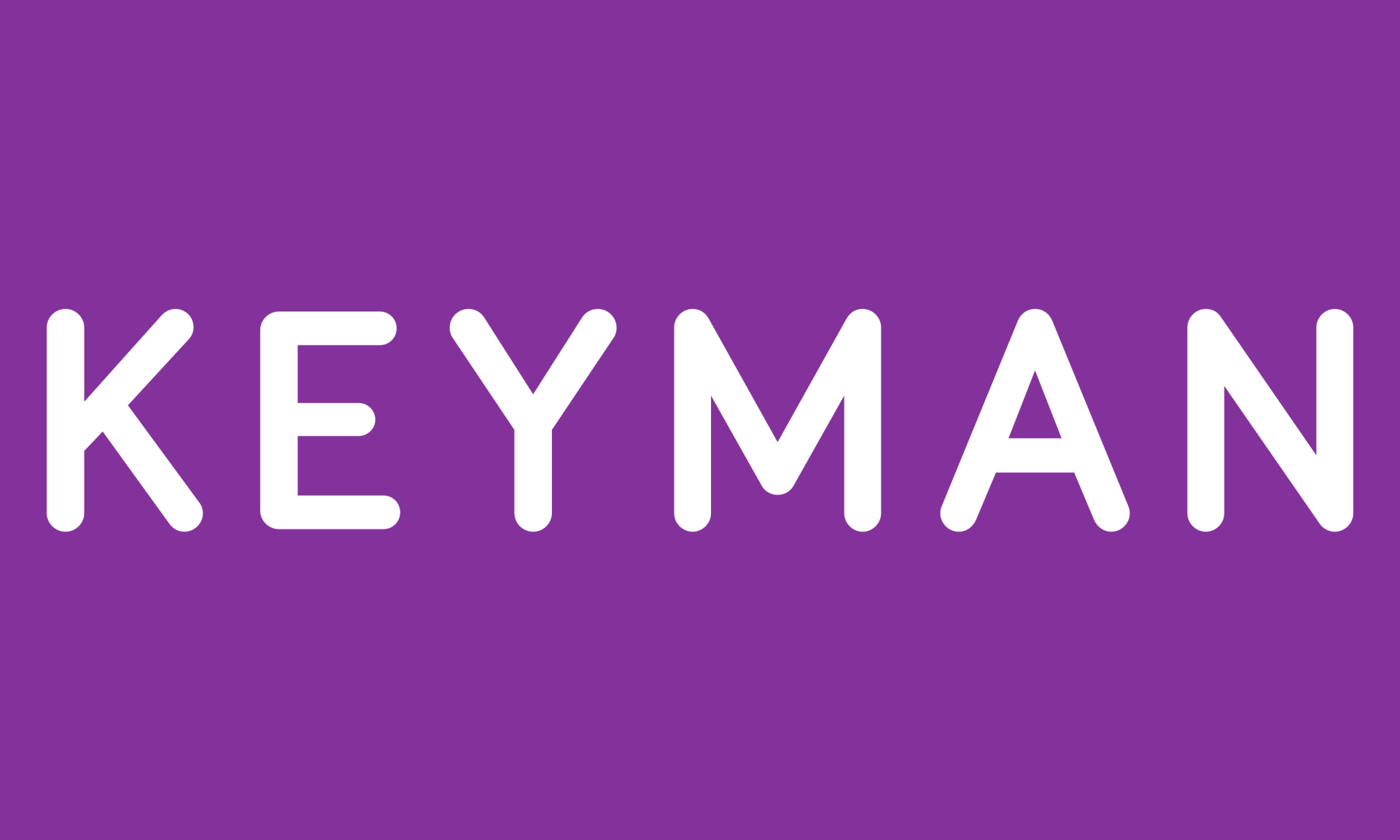
Understanding CSCS Cards and How SMSTS or SSSTS Can Elevate Your Career
In the intricate world of construction in the UK, having the right qualifications isn’t just beneficial – it's often essential. Whether you're an on-the-ground worker or a site manager, possessing the appropriate CSCS (Construction Skills Certification Scheme) card can be pivotal in highlighting your skills and opening doors to opportunities.
An Overview of CSCS Cards
The CSCS card system has been designed to ensure that individuals working in construction have the necessary training and qualifications for the job they undertake. Here’s a look at the most common CSCS cards and their respective roles:
1. Green Card (Labourer Card): For individuals doing basic site labour.
2. Blue Card (Skilled Worker): For those with a level 2 NVQ or an equivalent qualification in a skilled job.
3. Gold Card (Advanced Craft/Supervisory): For those with a level 3 NVQ or an equivalent qualification.
4. Black Card (Manager Card): For individuals with a level 5, 6, or 7 NVQ or a degree in a related field.
5. Red Card (Trainee Card): For trainees who are registered for qualifications but have not yet achieved them.
While these are just a few of the CSCS cards available, they provide a foundational understanding of how the system works.
The Impact of SMSTS and SSSTS on Your Career
For those in supervisory roles or eyeing them, the SMSTS (Site Management Safety Training Scheme) and SSSTS (Site Supervisors' Safety Training Scheme) courses are invaluable.
• SMSTS: This five-day course is tailored for project managers, site managers, and individuals looking to step into these roles. It covers all relevant legislation and other aspects which affect safe working in the building, construction, and civil engineering industries.
• SSSTS: A two-day course, SSSTS is ideal for those in supervisory roles. It provides knowledge about how health and safety law is structured and how it applies to supervisors.
The possession of an SMSTS or SSSTS certificate can significantly advance your career trajectory.
According to a recent study, those with such qualifications were 30% more likely to be promoted to higher managerial roles within two years compared to those without.
Quotes from Industry Leaders
"The difference between a good supervisor and a great one often lies in their education. An SSSTS qualification doesn’t just teach safety; it instils a mindset." - Richard O'Brien, CEO of BuildSafe UK.
"In our hiring process, an SMSTS qualification stands out. It signifies dedication, advanced knowledge, and the ability to lead." - Sarah Mitchell, HR Director at ConstructTech.
In Conclusion
Whether you're just starting out or looking to scale the career ladder in construction, having the appropriate CSCS card and supplementary qualifications like SMSTS or SSSTS can be transformative. They not only enhance your skill set but also position you as a valuable asset in the ever-evolving construction landscape.
Keyman Blog



